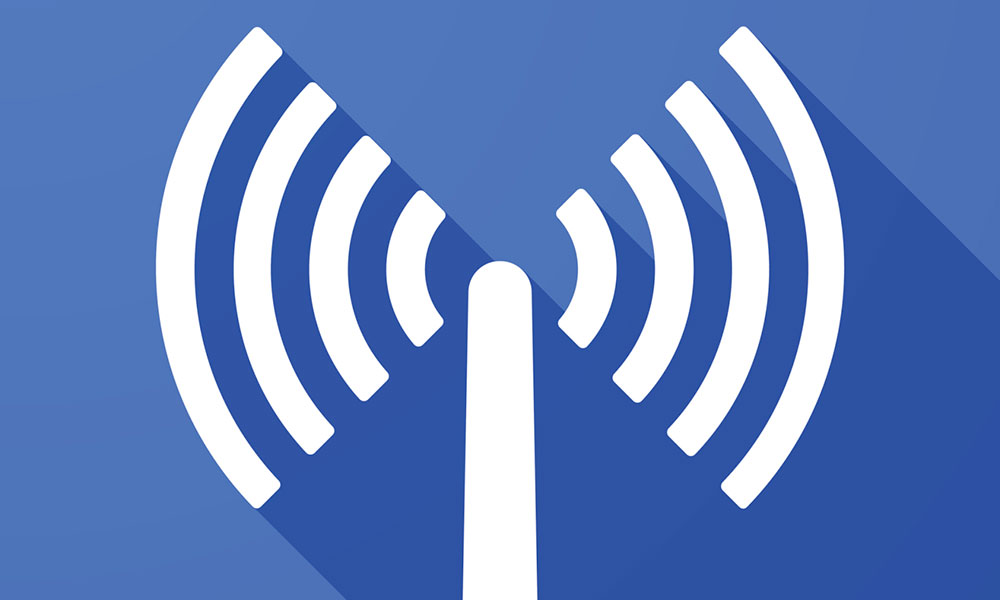
Marriott Reverses Course on WiFi Blocking
In response to guests' demands, the hotel giant says it will no longer block wireless hotspots in its facilities. However, the company still wants the FCC to provide clarity on the issue.
After receiving a $600,000 fine and facing blowback from a recent Federal Communications Commission petition, one of the nation’s largest hotel brands is retreating from a controversial policy.
On Wednesday, Marriott—a company which represents hotel chains such as the Ritz-Carlton, Gaylord Hotels, and Renaissance Hotels—ended its policy of blocking personal WiFi hotspots at its facilities, particularly during trade shows and conferences.
Marriott had been widely criticized for petitioning the FCC to allow limited interference with hotel WiFi access in the interest of network security. Microsoft and Google were among the companies that spoke out against the petition, which Marriott, the American Hospitality & Lodging Association, and Ryman Hospitality Properties filed in August.
Marriott remains committed to protecting the security of WiFi access in meeting and conference areas at our hotels.
In its comments on Wednesday, Marriott emphasized that it had heard the concerns.
“Marriott International listens to its customers, and we will not block guests from using their personal Wi-Fi devices at any of our managed hotels,” the company said. “Marriott remains committed to protecting the security of WiFi access in meeting and conference areas at our hotels.”
Still Looking for Answers
Even though it was switching course, the company still wants the FCC to rule on its petition, Re/Code reports.
“We will continue to look to the FCC to clarify appropriate security measures network operators can take to protect customer data and will continue to work with the industry and others to find appropriate market solutions that do not involve the blocking of WiFi devices,” the company said in its statement.
Speaking to Skift, Thomas Marder, Marriott managing vice president of global corporate relations, said that while the company has been the public face of these security issues, other hotel firms wanted an answer, too.
“We are still interested in the FCC clarifying what’s appropriate in terms of providing network security in conference areas,” he told the travel website. “The FCC petition is ongoing (we’re not the only petitioner). But we’re also going to work with our industry to look to develop other means to achieve security without blocking WiFi signals.”
The issue came to a head in October after Marriott was fined $600,000 for using wireless-blocking devices at its Gaylord Opryland Resort & Convention Center in Nashville, Tennessee. The move to block the wireless devices forced users to access the hotel’s own wireless networks, which for certain uses can cost as much as $1,000 per day.
At the time of the fine, the company said it believed “that the Gaylord Opryland’s actions were lawful.”
(iStock/Thinkstock)






Comments